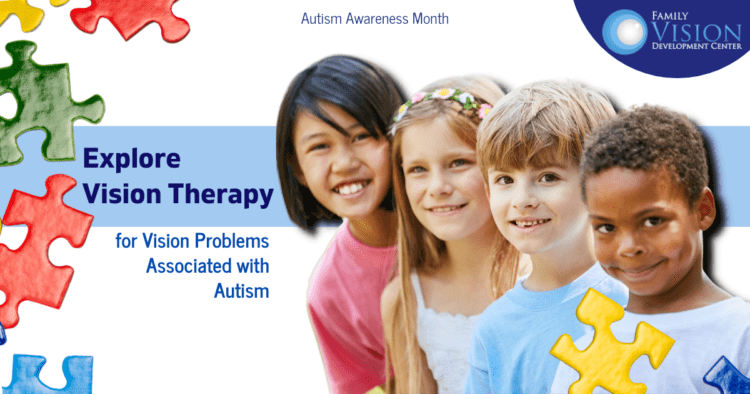

Safe Driving Depends on Healthy Vision – Here’s Why
Learning to safely drive a car includes passing a driving exam, understanding the functions and safety features of your car and of course, a lot of practice. But what they might not stress in driving school is the important role that healthy vision plays in road safety. So along with regular maintenance on your vehicle, make sure you place the same importance on maintaining your vision to ensure a safer driving experience.
Age can make a difference
Of course it is important to take care of your vision at every age. But when it comes to driving, there are certain age groups that may encounter more difficulty if their vision is compromised. For example, young people with new driver’s licenses, as well as older drivers, may experience problems with focus and attention while driving, along with slower reaction times when on the road. These additional risk factors make maintaining good vision even more important for staying safe while driving.
Vision disorders can make driving difficult
There are a number of ways that a vision disorder can create an unsafe situation for a driver. Inside the car, it can greatly impact a driver’s ability to read essential information on the vehicle’s dashboard or navigation system. Additionally, out on the road it can prohibit them from safely seeing and reacting to road hazards, warning signs, other vehicles or pedestrians, as well as completing basic maneuvers such as merging, parking or backing up. Some common vision conditions that can affect safe driving include:
- Macular degeneration
- Glaucoma
- Retinal disease
- Cataracts
- Strabismus
- Amblyopia
- Nearsightedness
- Farsightedness
- Vascular disease
- Retinal detachment
- Diabetic retinopathy
- Dry eye
If a driver suffers from any of these vision disorders, it can cause them to experience symptoms like poor depth perception, increased glare, a limited field of vision or slower response times – all of which can create potential danger while driving.
Regular eye exams are essential
Once you start driving it is imperative to take care of your vision, for your own safety as well as that of your passengers. One of the most important ways to do that is to get regular eye exams. At Family Vision Development Center, our comprehensive vision exams allow us to gather important health information to determine your likelihood of developing certain vision disorders. Additionally, regular monitoring allows us to detect any changes in vision early on and quickly provide corrective treatment.
We are committed to providing our patients with exceptional care and helping to ensure they remain safe out on the roads. Along with professional vision exams, we can hep you select the right pair of eyeglasses or contact lenses to best suit your driving habits and lifestyle. And we even have a great selection of high-quality protective sunglasses from designer brands like Maui Jim and Nike. Contact our Aurora office at 630-862-2020 to learn more or to schedule your appointment.
Additional information can be referenced here

